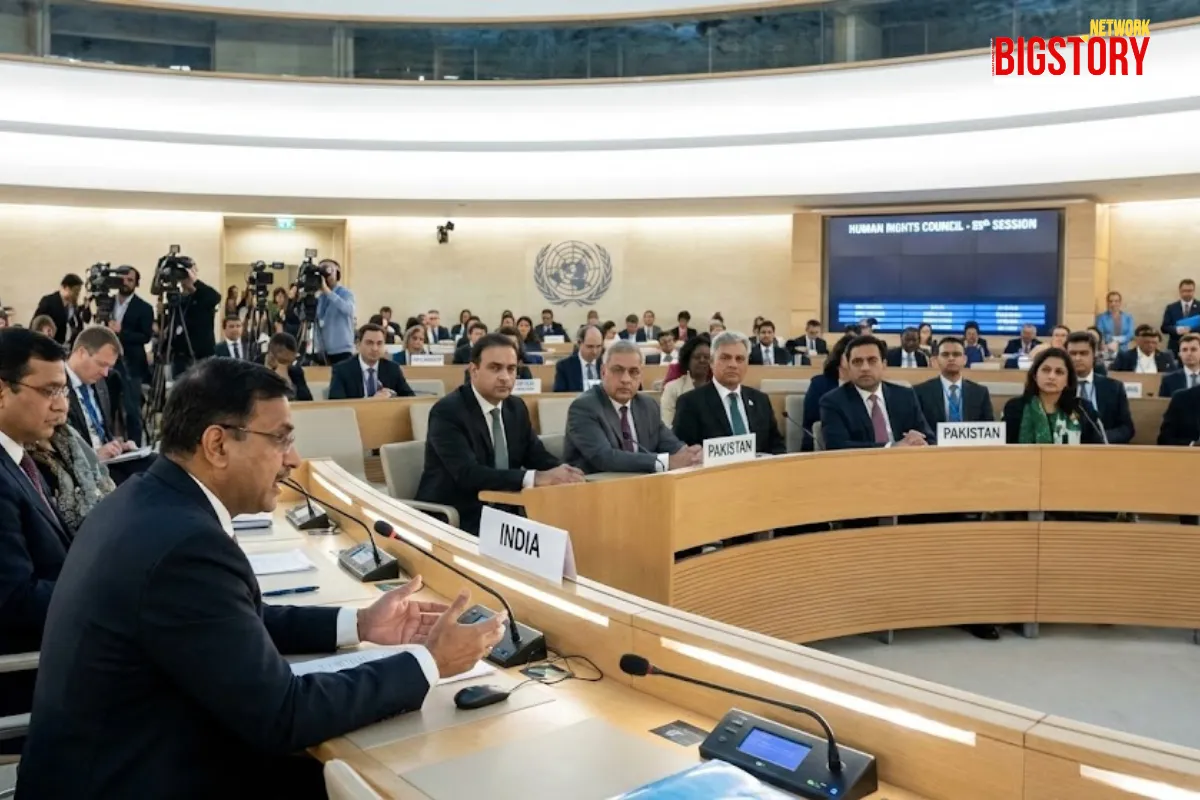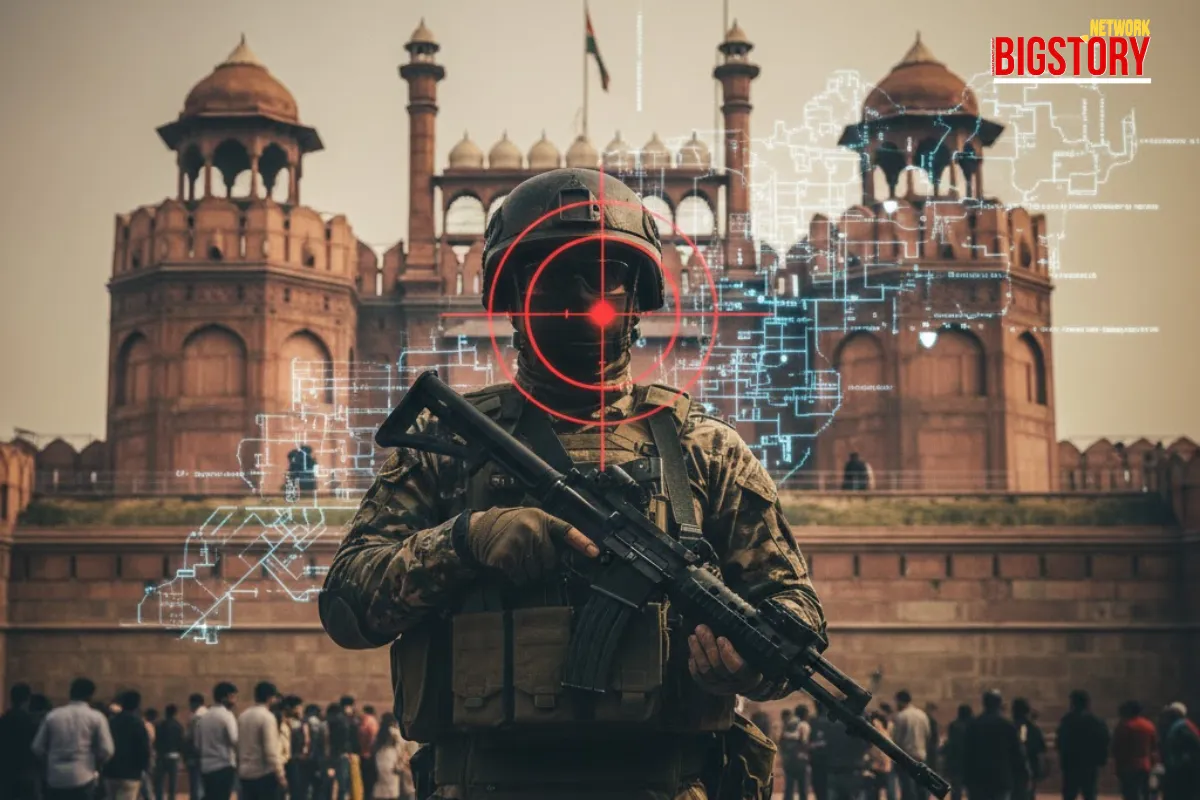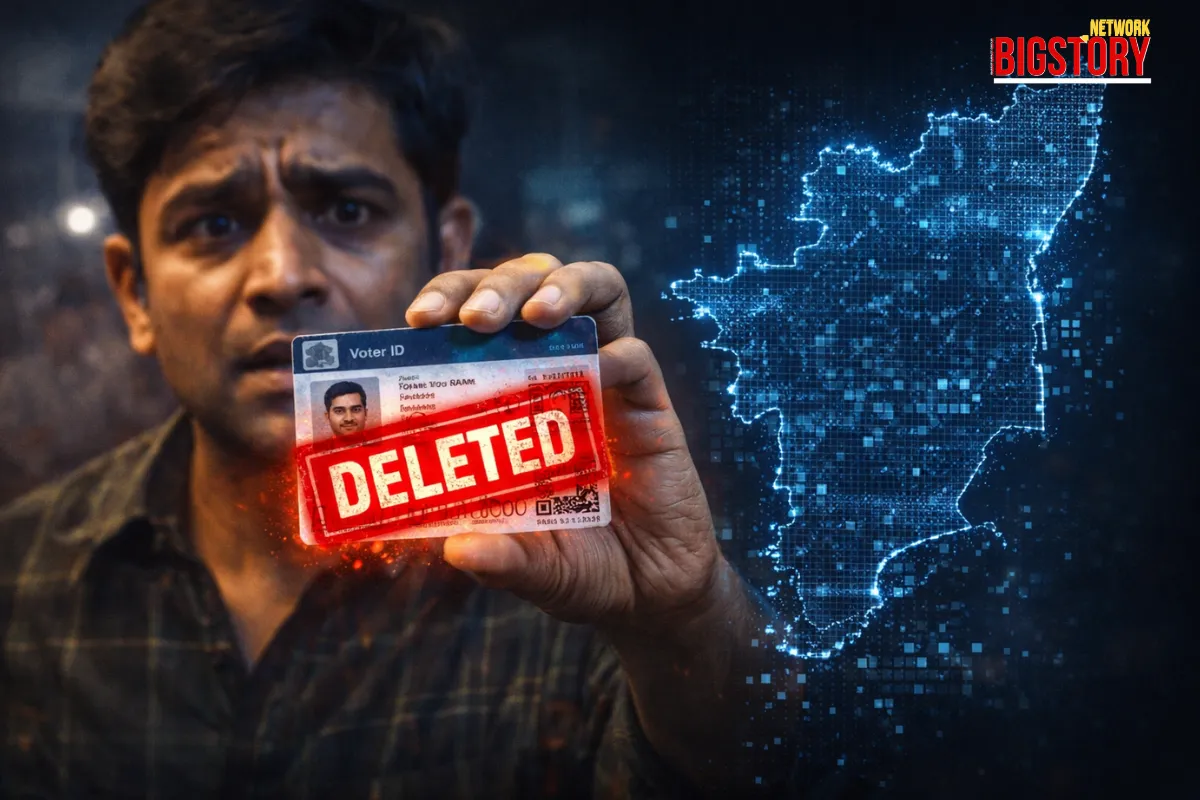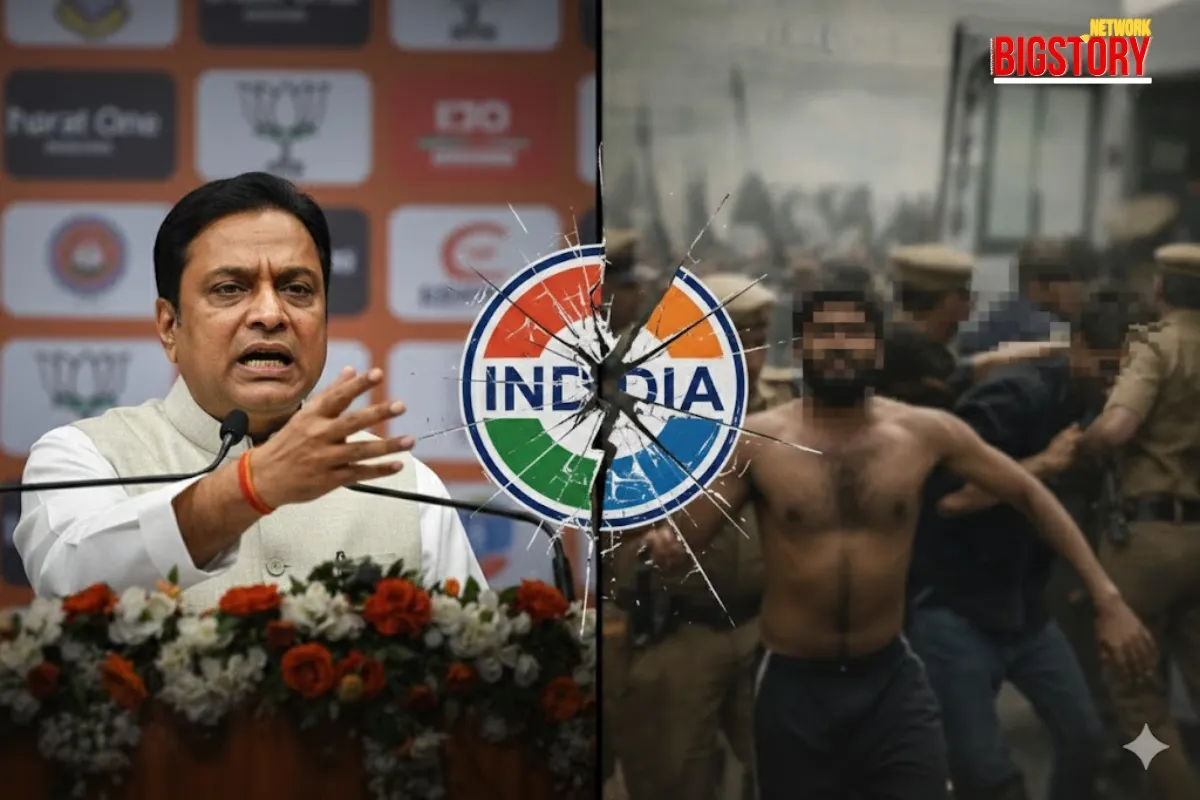Jailed terrorist Yasin Malik alleges ex-PM Manmohan Singh thanked him for meeting 26/11 mastermind Hafiz Saeed in controversial court affidavit.
 Brajesh Mishra
Brajesh Mishra
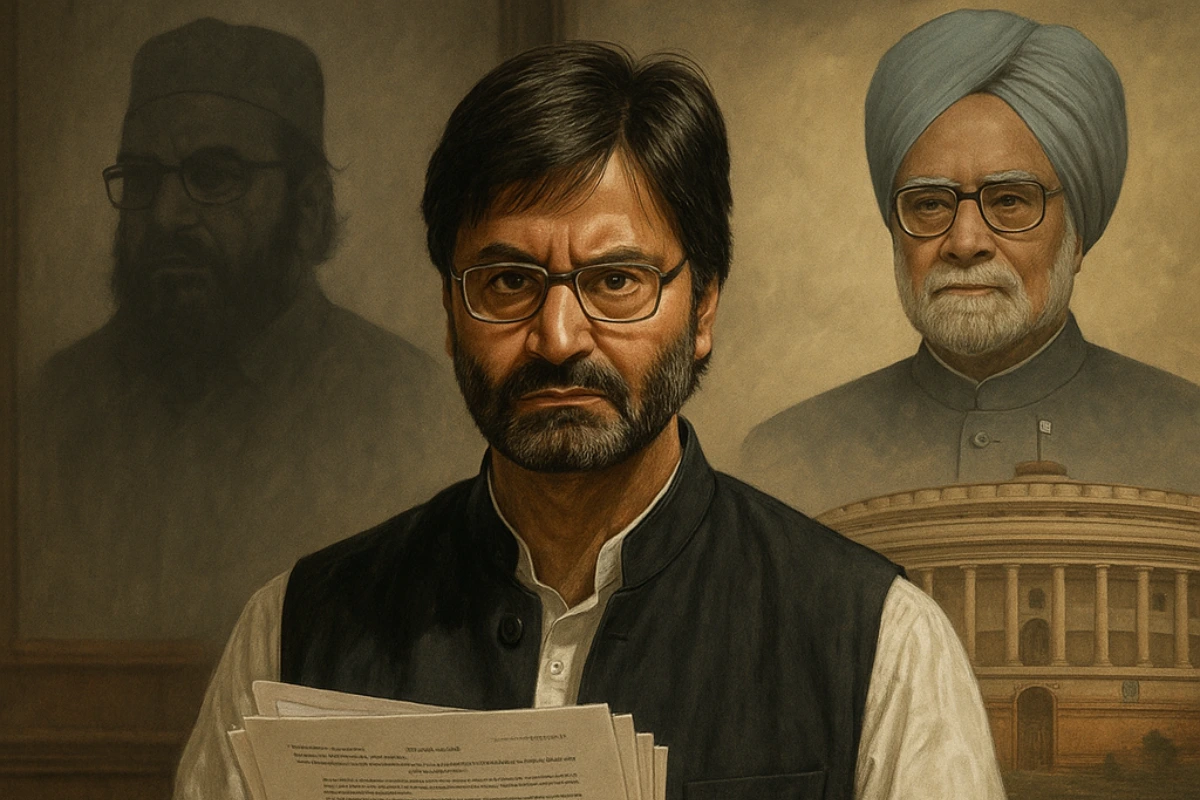
The ongoing legal battle of jailed Kashmiri separatist leader Yasin Malik has taken a dramatic turn with fresh claims linking him to India’s highest political offices. In a recent affidavit filed before the Delhi High Court, Malik alleged that his controversial 2006 meeting with Hafiz Saeed, the 26/11 mastermind, was not a rogue act but part of a state-facilitated peace effort. These claims, touching upon backchannel diplomacy, national security, and political accountability, have reignited fierce debate across the political spectrum.
Jailed Kashmiri separatist leader Yasin Malik has filed a sensational affidavit in the Delhi High Court, claiming that former Prime Minister Manmohan Singh personally thanked him for meeting Hafiz Saeed, the 26/11 mastermind, during a 2006 Pakistan trip.
Malik, serving life imprisonment for terror funding, submitted the affidavit on August 25, 2025, in response to the National Investigation Agency’s (NIA) appeal seeking enhancement of his punishment to the death penalty.
He asserts that the meeting with Saeed was not his independent initiative, but allegedly facilitated by India’s Intelligence Bureau (IB) as part of backchannel peace efforts.
According to Malik, IB Special Director V.K. Joshi asked him ahead of his 2006 Pakistan visit to engage with both political leaders and militant figures, including Hafiz Saeed. Malik claims the exercise was linked to the Manmohan Singh government’s peace initiatives with Pakistan.
After returning, Malik alleges he personally briefed PM Singh and then NSA M.K. Narayanan, and that Singh called him the “father of the non-violent movement in Kashmir” while thanking him for the outreach.
Malik also claims successive governments—from V.P. Singh to Manmohan Singh—used him as a backchannel interlocutor in Kashmir, placing his actions within the framework of state-backed initiatives.
The Delhi High Court has directed Malik to file his response by November 10, 2025.
The NIA argues that pleading guilty should not shield terrorists from capital punishment and that Malik avoided the death penalty by exploiting legal loopholes.
The trial court earlier held that his case did not meet the “rarest of rare” standard required for capital punishment.
Q1. Who is Yasin Malik?
Yasin Malik is the chief of the banned Jammu and Kashmir Liberation Front (JKLF) and a Kashmiri separatist leader convicted for terror funding in 2022.
Q2. What did Yasin Malik claim in his affidavit?
He alleged that his 2006 meeting with Hafiz Saeed was facilitated by the Intelligence Bureau and later acknowledged by then PM Manmohan Singh, who reportedly thanked him.
Q3. Why is the NIA seeking the death penalty?
The NIA argues that Malik’s crimes amount to waging war against the state and that life imprisonment is too lenient given the severity of his actions.
Q4. How has the BJP responded?
The BJP has strongly criticized the UPA, calling the claims a serious indictment of its national security handling.
Q5. What is Congress’s stance?
So far, Congress has not officially commented on Malik’s allegations.



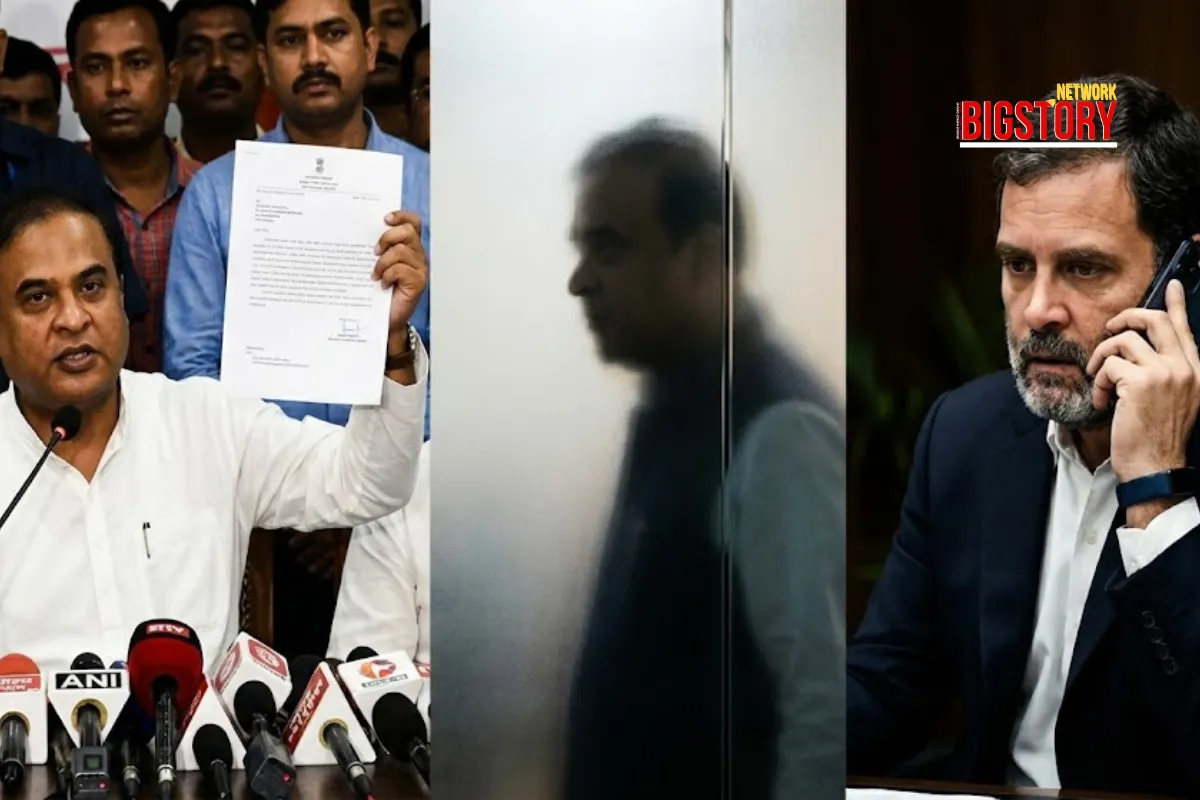


Sign up for the Daily newsletter to get your biggest stories, handpicked for you each day.
 Trending Now! in last 24hrs
Trending Now! in last 24hrs
